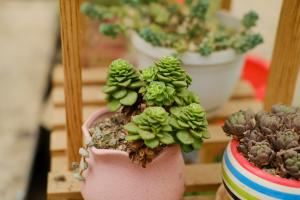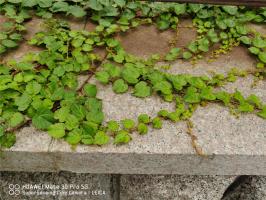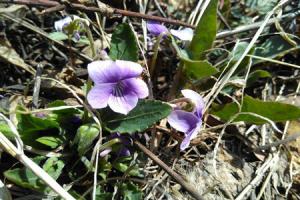1、 Soil
It is best to use soft and fertile soil for breeding hard leaf orchid. The root system of hard leaf orchid is relatively long and very strong. Therefore, the loose air permeability of the soil has become its necessary living conditions. In order to ensure the normal growth of the root system, try to choose a larger pot to plant, which can provide sufficient growth space for the root system
2、 Illumination
Hard leaf orchid likes shade. When cultivating, it is best to avoid direct exposure to strong sunlight. It is best to choose a semi cool place with sufficient scattered light for breeding
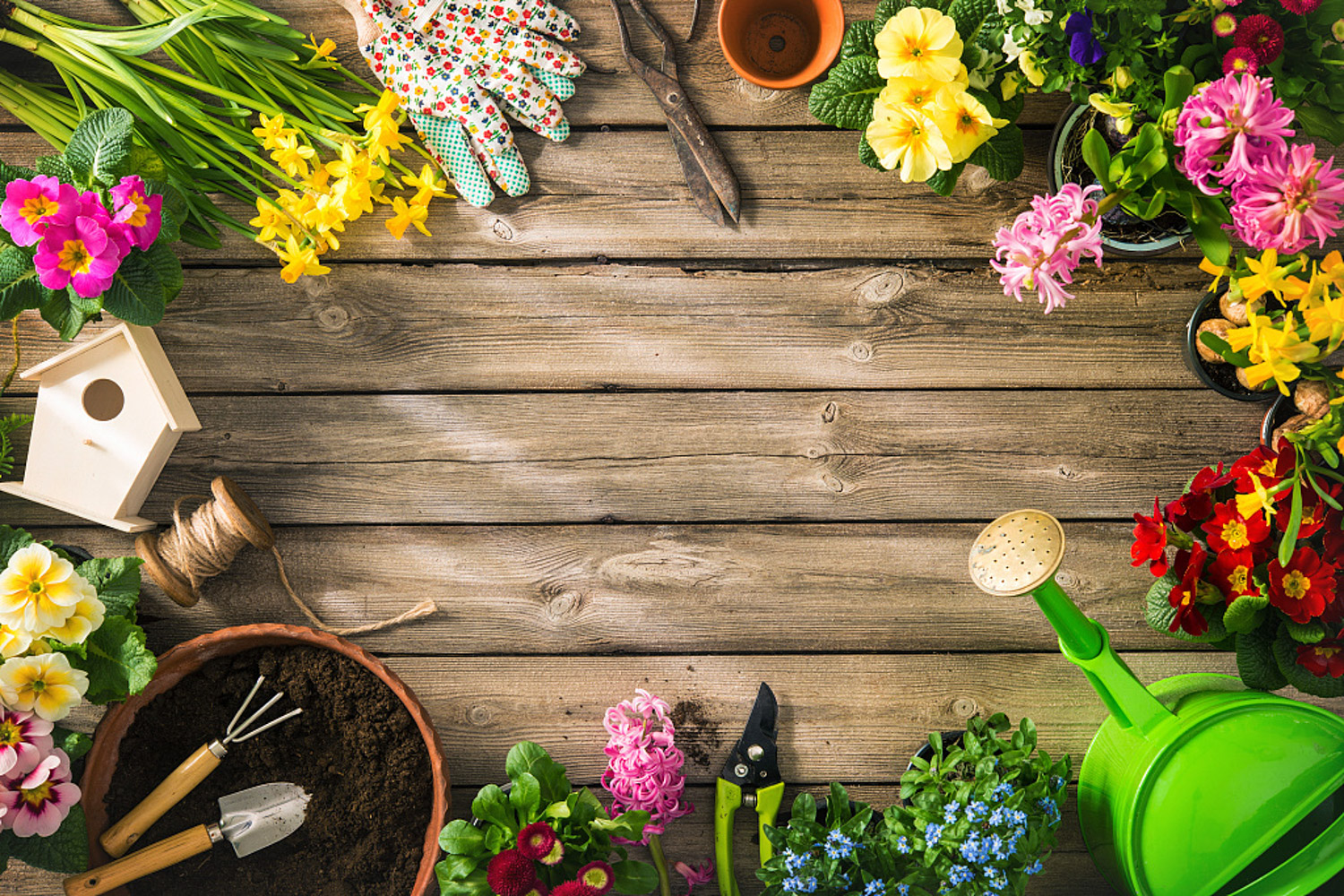
3、 Moisture
Hard leaf orchid likes a humid environment. It is necessary to maintain the humidity of the basin soil, but be careful not to water too much. When the basin soil is slightly dry, water it appropriately. In summer, the temperature is relatively high. Watering should be carried out in the morning or evening when the water temperature is close to the soil temperature; In winter, we should pay attention to reduce watering appropriately, but we can't let the soil dry completely. Just keep it moist. When watering, water along the edge of the flowerpot, not directly on the plant; When the air is dry, spray water on the leaf surface frequently to keep the leaf moist
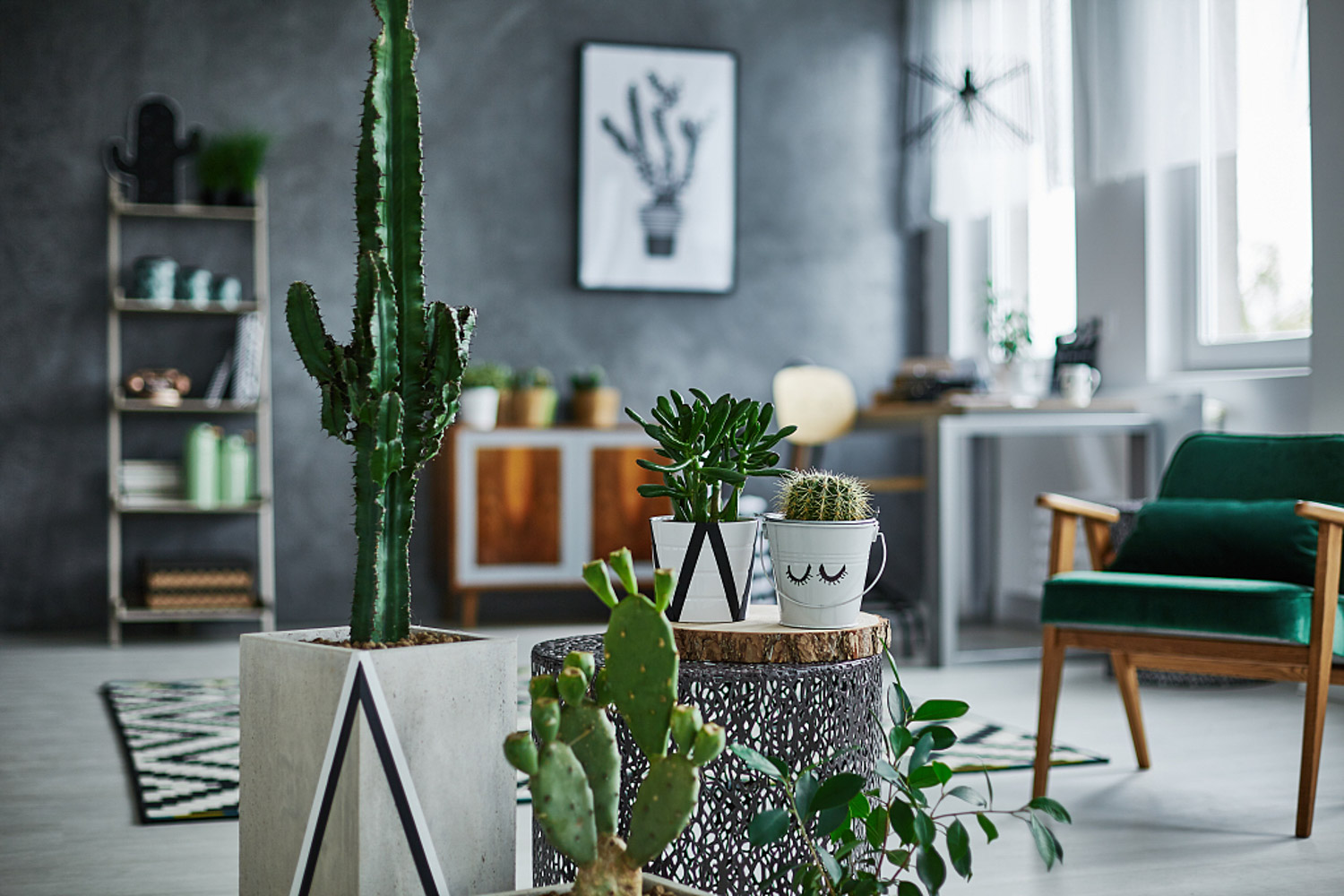
4、 Fertilizer
Hardleaf orchid is a plant that prefers fertilizer. It can be planted with flower soil rich in humus. When planting, it is best to prepare to lay a layer of base fertilizer in advance to ensure sufficient nutrients in its growth environment. During cultivation, some liquid fertilizer can be sprayed on the leaf surface of hard leaf orchid to promote its growth and development
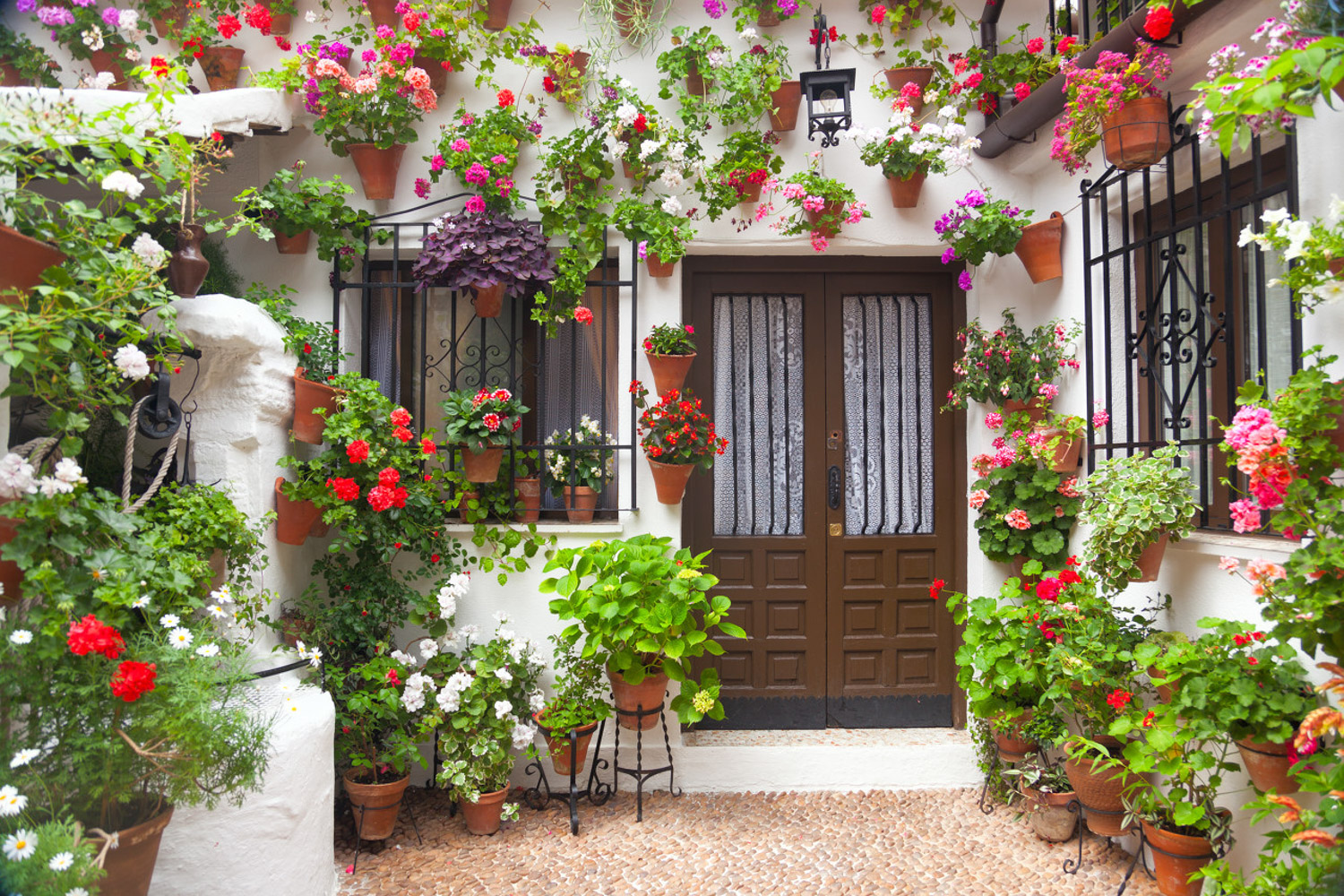
5、 Precautions
1. When raising hard leaf orchids, we should often plough the soil to maintain the looseness and permeability of the soil. We should not only ensure the air permeability of the soil, but also provide a ventilated growth environment for the hard leaf orchid. The ventilated and warm environment can make the color of the hard leaf orchid brighter and reduce the occurrence of diseases and pests
2. Do not blindly disinfect the soil and plants before planting. Orchids need to rely on Orchid bacteria to provide nutrition for their roots. If they are disinfected regardless of whether the plant is sick or not, it will greatly destroy the balance of orchid bacteria, resulting in slow growth, reduced germination and even drug damage
There is also a kind of anaerobic bacteria in orchid bacteria, which is not conducive to the growth of hard leaf orchid, but this kind of bacteria is difficult to survive and reproduce in a breathable environment. Therefore, we should pay attention to often loosen the soil and maintain the health of hard leaf orchid roots

 jackfruit
jackfruit snake plant
snake plant hibiscus
hibiscus hydrangea
hydrangea lavender
lavender Green roses climb al...
Green roses climb al... If you don't pay att...
If you don't pay att... Management of four g...
Management of four g...

